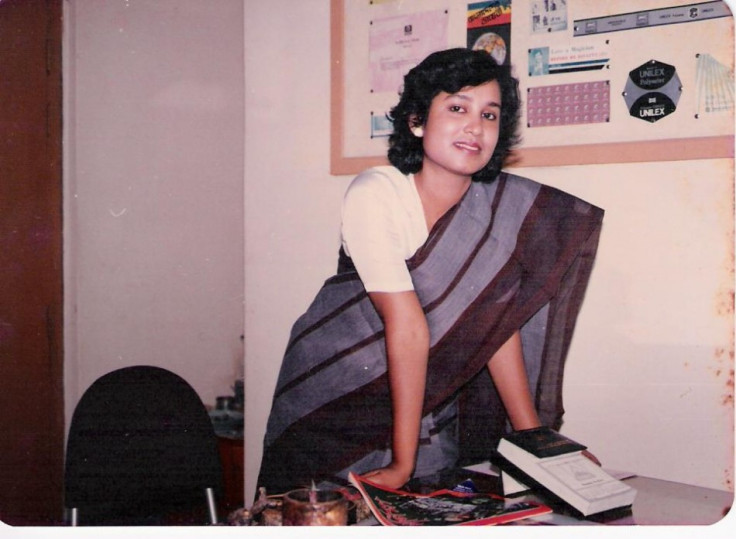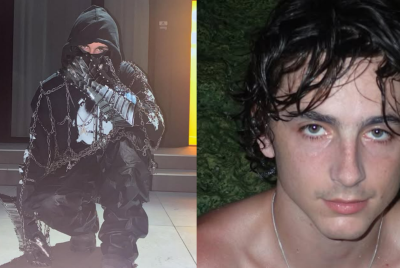Is Burqa the Scariest Halloween Costume? Radical Bangladeshi Writer Thinks so

Radical Bangladeshi writer Taslima Nasreen has said the burqa used by Muslim women is the scariest Halloween costume, using the seasonal celebration to further her campaign against the body-covering dress worn by women in orthodox Islamic societies.
"No Halloween costume is scarier than Burqa," Nasreen tweeted, referring to the celebration in the western hemisphere in which people wear masks and costumes mimicking evil spirits.
Nasreen shot into fame in 1993 with the publication of her book Lajja, or Shame, whose plot was the persecution of a minority Hindu family in Muslim majority Bangladesh.
This book, and subsequent ones that questioned the basic tenets of Islam, made her a target of physical abuse in her home country. She was exiled from Bangladesh in the 90s and was never admitted back.
Fundamentalist organisations in India and Bangladesh issued several fatwas against her and demanded her execution by hanging for hurting religious sentiments.
She preserved her life with the help of secular people in the country, even as the government filed cases against her, and later moved about in Europe and the US for almost ten years.
Her presence in India too was divisive, and a mob had attacked her in the southern city of Hyderabad during an interaction with the press.
Nasreen, however, looked unfazed all through her life in exile, and carried on her fight against Islamic traditions that she believed were oppressive.
Pardah and burqa have always been her targets.
She has written about how her mother's burqa reminded her of "meatsafes" in the house. "... the objective was the same: keeping the meat safe," she wrote.
"Why are women covered? Because they are sex objects. Because when men see them, they are roused. Why should women have to be penalised for men's sexual problems?" she asked.
"When I was sixteen, I was presented a burqa by one of my relatives. I threw it away."
Nasreen says her fight is not against a particular religion.
"... the conflict is between two different ideas, secularism and fundamentalism. I don't agree with those who think the conflict is between religions or between the East and the West. To me, this conflict is basically between rational, logical thinking and irrational blind faith," she says on her official website.
© Copyright IBTimes 2025. All rights reserved.





















